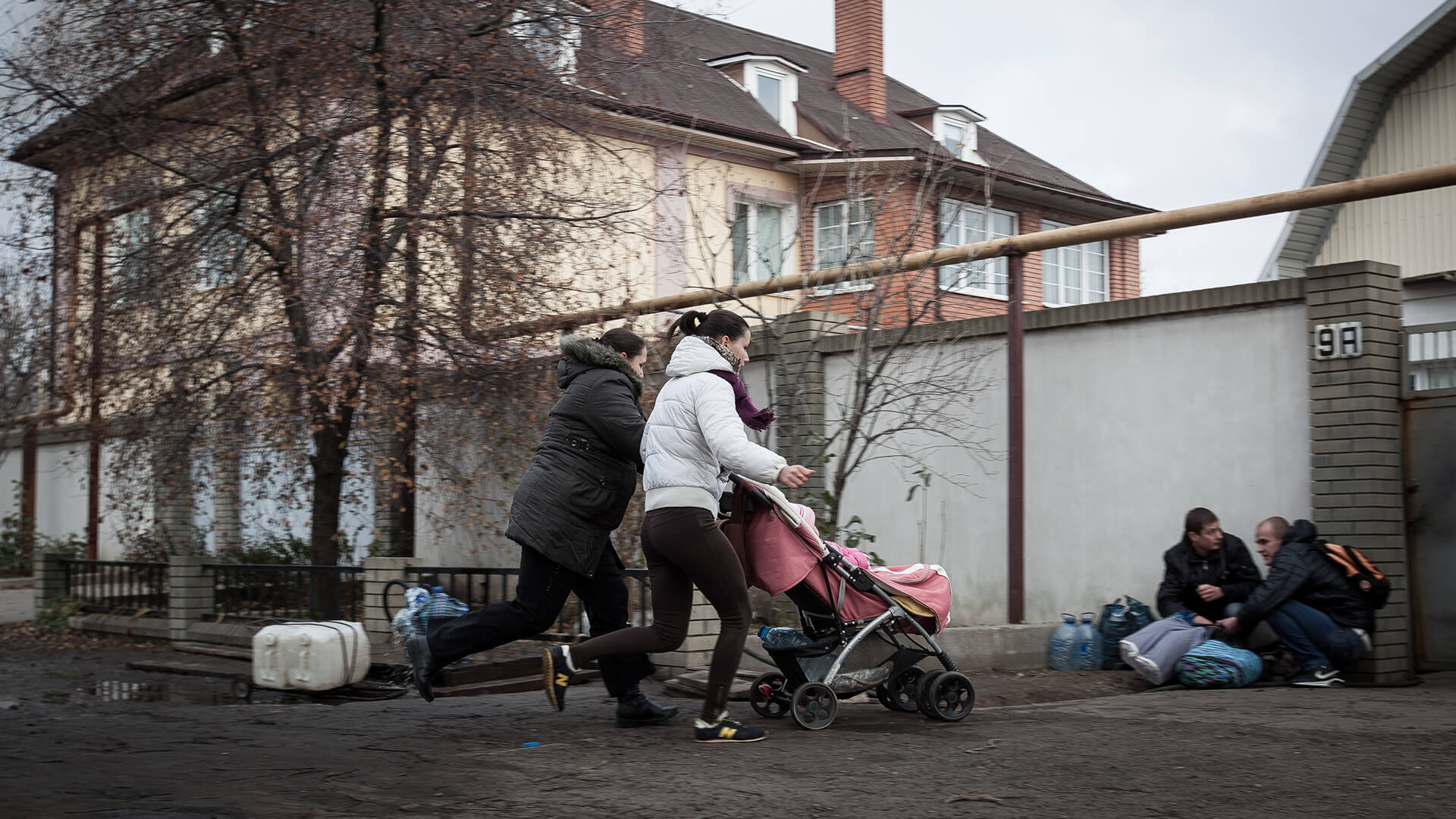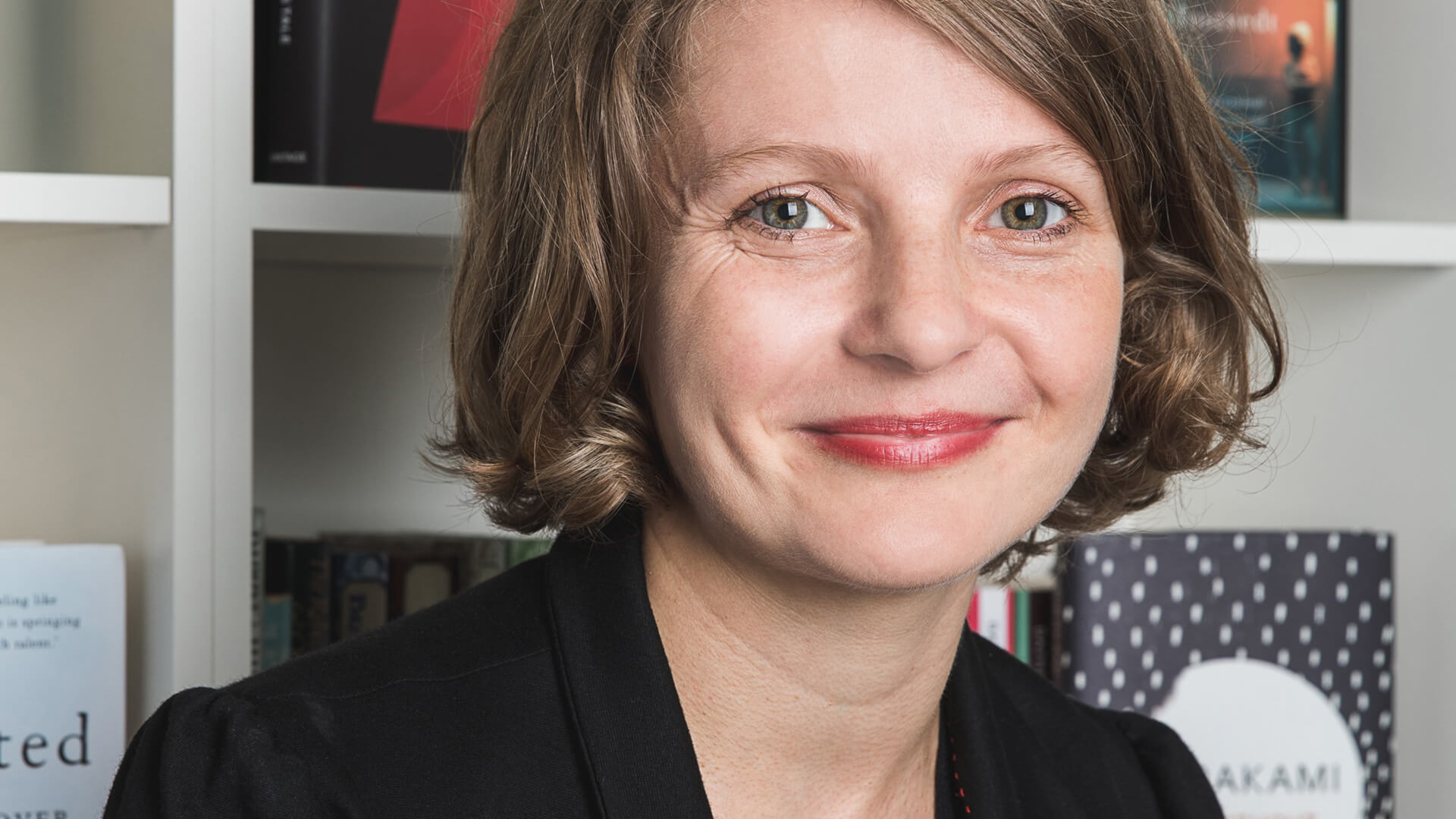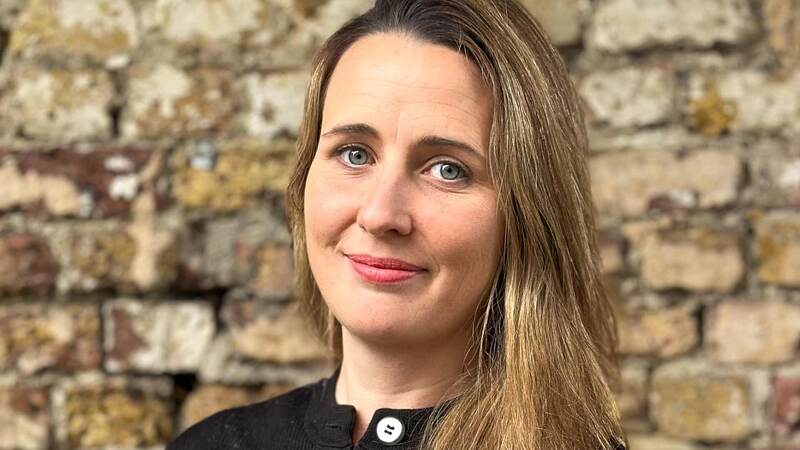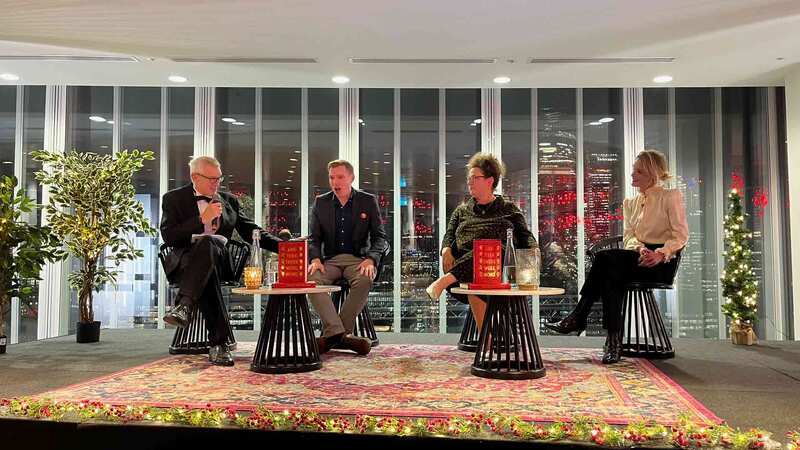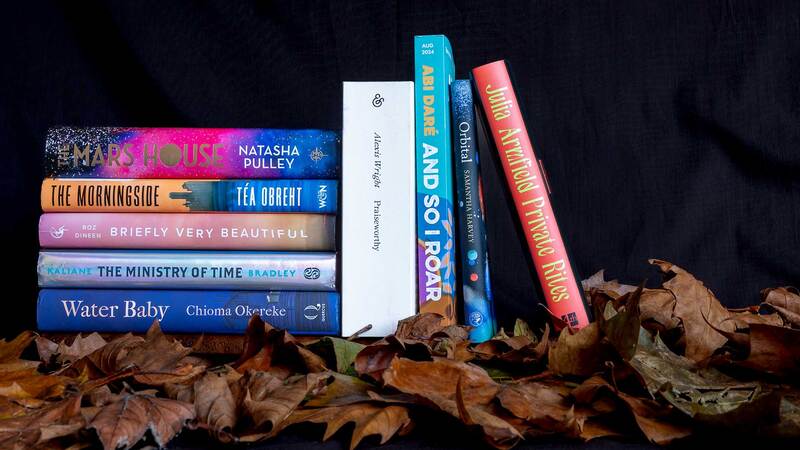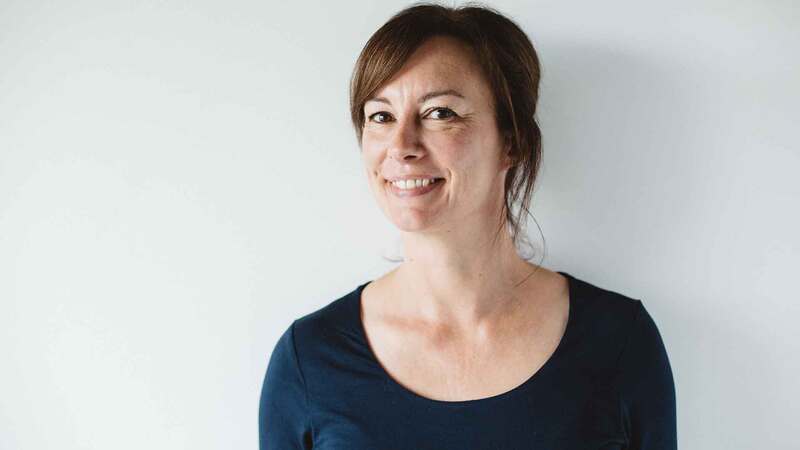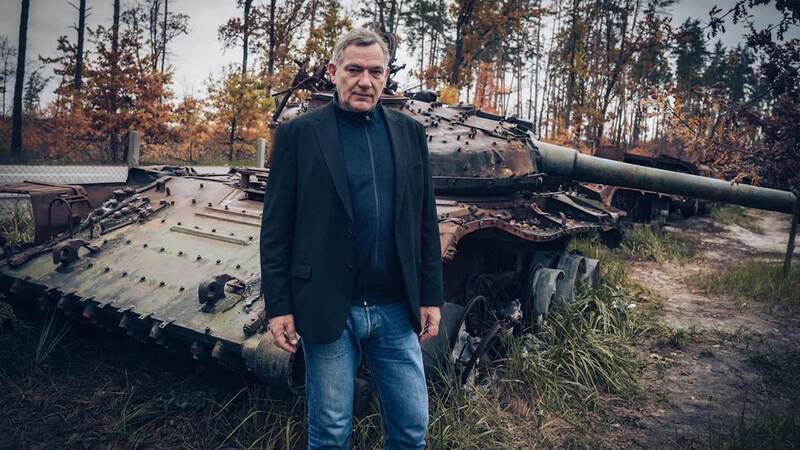You are viewing your 1 free article this month. Login to read more articles.
Ukraine titles surface in a ‘deluge’ ahead of the first in-person Olympia fair since 2019
As the book world looks to respond to the horrific events in Ukraine, there has been a “deluge” of books about the country on offer in the run-up to the London Book Fair. However some agents fear the response feels “rushed”, while publishers are uncertain about releasing such titles, as the rapidly changing situation in the country could render them outdated.
United Agents said its scouts have noticed an increase in books on Ukraine, mainly on the non-fiction side, but expressed a fear about how quickly these were being produced. “Publishers are unsure about the timing of publication as the nature of the situation is unclear,” the agency said.
Lisette Verhagen, literary agent at PFD, agreed, saying publishers want to publish more in this area but “are a bit wary if it’s too close to the news. If the book only comes out in 18 months, is it still going to be relevant? How much is going to change?”
Laurence Laluyaux from RCW said she was talking to a few Ukrainian authors, and with “quite a few” still living in Ukraine, “it is a case of helping spread their work in the first instance [rather than writing about the country by non-Ukrainian authors].”
Camilla Bolton from the Darley Anderson Agency said she would “love to hear from Ukrainian authors and be submitted stories from Ukraine [yet] submissions that might start referring to the war in commercial fiction by non-Ukrainian authors feels uncomfortable for us. What is happening is very raw, real and heartbreaking. Ukrainian voices should be heard and given the space, ambition and support needed—when they are ready.”
Sam Edenborough, rights director at Greyhound Literary, says he was fortunate colleague Charlie Campbell signed Victoria Berezko-Frolova’s book Red Sirens—telling the story of her family across four generations in Ukraine—well before the recent invasion. It has become one of the books of the fair: Virago snapped up UK and Commonwealth rights in a seven-way auction, with translation rights sold in 10 territories to date. Edenborough said: “The challenge, even though the book is complete, is it then has to go through the editorial process, which will have to happen rapidly. We’re already thinking about how to manage that, and translation as well. Victoria is really an exception because the timing made it possible for this to happen […] There is a lot of anxiety about books that are still in proposal stage, because the gruesome truth is we have no idea what the world is going to look like even in six months.”
Edenborough also hopes to see more Ukrainian authors being published in English, but said this is more likely in markets “where there is perhaps a more broad and deep tradition of buying books in translation… I’m afraid that in the UK we don’t quite meet the diversity of translated voices, although that has been changing in the past 10 years.”
Pushkin Press m.d. Adam Freudenheim frequently works with translated authors, but has so far only been asked if he’s “open to publishing more Ukrainian authors” and hasn’t seen a “noticeable” increase in submissions.
Karolina Sutton from Curtis Brown added: “The conflict is reshaping Europe in a shocking way, with everyone paying attention—as we all should be. Readers want to understand what is at stake and the underlying political, historical and geographical forces.” She also applauded an increased interest in books on global politics, from experts such as Oliver Bullough, Catherine Belton and Tom Burgis. “These are incredibly important as they expose the workings of oligarchs and Russian power. Reassuringly, they are from writers with real experience of the region,” she said.





